Freshwater Fishing Regulations,
Laws, Rules and Restrictions
Why is it important to abide by our freshwater fishing regulations?
The Fish and Game Department applies fees and regulations all for a very good cause and reason.
Much of the money that we pay for certain fishing expenses go right back into the sport of angling one way or another.
The fishing laws and regulations are set to help preserve and enhance this great sport, our fisheries, waterways, environment, community involvement programs and much more.
Some of us may see it as the government just wanting to put their hand in the cookie jar to take our hard earned money. That might be partially true. However, we should take a moment and look at the big picture...
The future of our children and the environment they will be forced to live in relies on us and what we do now.
Freshwater Fishing Laws And Regulations
The laws and regulations vary from one place to the next. It's best to check with your local Fish & Game/Wildlife Department. The laws are constantly changing all the time, so be sure to remain current with their updates. Otherwise you can face serious fines, and in some instances it can result in some jail time.
Fishing License Requirements
Before you ever wet your line, you will definitely need a fishing license. Of course obtaining a license also has requirements as well, depending upon place of residence.
Licenses can be purchased by the day, annually, or even for a lifetime membership. Options may include specialty stamps such as multiple rod and reel, bay/ocean angling, etc. There are minimum age requirements, senior citizen discounts, disability discounts, resident or non-resident options.
Freshwater Fishing Restrictions
There are fish and fishing restrictions that range with Country, State, County and City.
There can also be restrictions within those regions that regulate what you are allowed to do on each body of water for different lakes, reservoirs, rivers and ponds.
Depending on where you live, there are rules about when, where and how you are allowed to fish, such as...
- hours during the day and/or night
- amount of days during certain seasons (spawn migrations)
- restricted “off limit” areas
- gear
- rods
- hooks
- rigs
- methods
- chumming
- hand fishing
- bow and arrow
- spear fishing
- jugging
- long lines
- trotlines
- float lines
- set lines
- bank lines
This also includes the limit of fish that you are allowed to keep. Some places won't even allow you to make another cast if you have a certain amount of fish in your possession.
If you're not sure about your local fishing laws and
regulations, simply perform a search by typing “Fish and Game
Department” plus “your place of residence” into the search engine
bar above. Or check out the U.S. Fish & Wildlife Service website to quickly locate your States fish and wildlife website.
It's a good idea to periodically check for new updates with
your local fishing regulations.

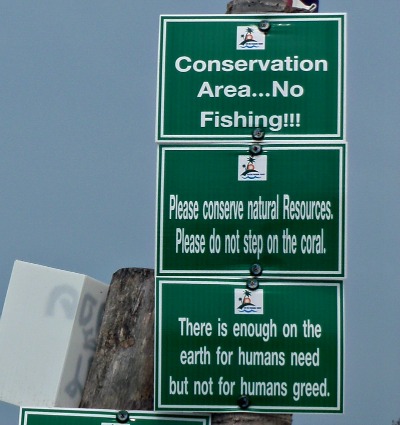

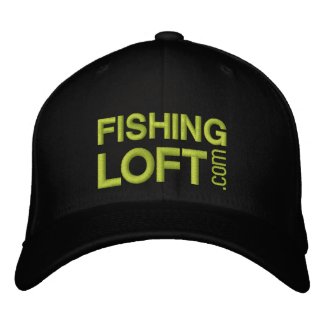

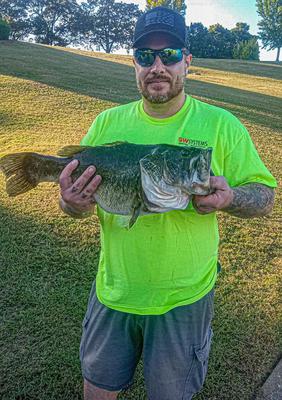
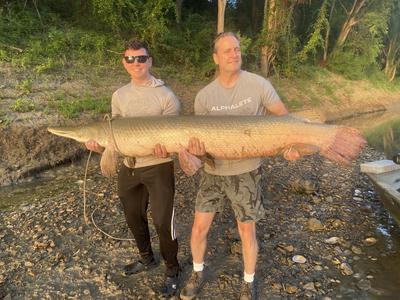
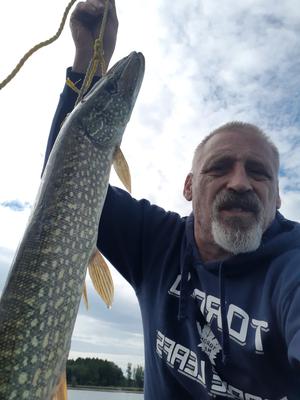
Facebook Comments
Leave a comment, question or tip in the box below.